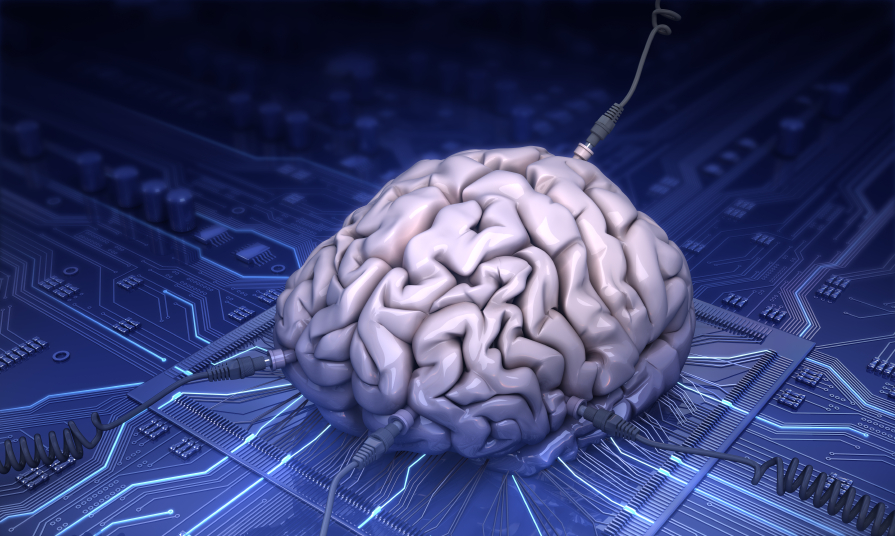Artificial intelligence has always been considered as an enigmatic topic in the technology world. When we talk about it, we often consider things like androids that possess nearly the same amount of intelligence with human being, although they may lack the necessary emotions to make them a truly organic intelligent creature. Artificial intelligence or AI is often considered as the science of making inanimate objects, such as machines and electronics to perform things that normally require human’s intelligence.
AI isn’t only about creating an entirely sentient being as we often see in the media. It is actually a rich field of technology that started many decades ago. Many theorists and scientists have contributed in this field. Alan Turing is a computer pioneer in the WW2 that shared his thoughts. He published “Computing Machinery and Intelligence”, a paper that discusses about intelligent behaviours. He proposed the use of Turing test that can measure the performance of any allegedly intelligent machines.
Turing test is also widely known to the general public as the imitation test. Knowledgeable human interrogators carry this out using a normal language conversation with two participants, one real-life human and another, an allegedly intelligent machine. The machine should pass the Turing test if the human judge can’t conclusively identify which one is which. This would be a quite strong indication that the machine is intelligent. The test may have its share of criticism, but this still represents perceptual skills and intellectual dexterity that is required for true identification of intelligence.
It is considered a great accomplishment among engineers if they are able to create a machine that converse like real people. Only human can identify whether they are talking with an intelligence being, not machines with predetermined responses to specific questions and statements. Many theorists argue that Turing test should be considered as a reliable means to prove the existence of artificial intelligence. The test should include questions and statements that can provoke emotions, such as joy, happiness, worries and others.
We already have autonomous machines that can learn, communicate and even teach one another. However, consciousness is required if we want to create an artificial self-awareness. It is probably the actual Holy Grail in AI field. Unfortunately, engineers also need to consider multiple illogical paradoxes of human minds. They understand the complexity of their own brains. Our mind isn’t as straightforward as many of us believe. The problem is, human isn’t really an algorithmic creature, because we prefer to use heuristic shortcuts and analogies to solve problems.
It doesn’t really mind that those algorithms are smarter than us, it is just people tend to be sloppy and do well only in specific cases. On the other hand, it would be easy to create machines that are consistent in terms of performance, because they are machines with specific patterns. Consciousness already catches the attention of many scientists and philosophers around the world. So, it means that AI engineers need to have strong knowledge in this area.



